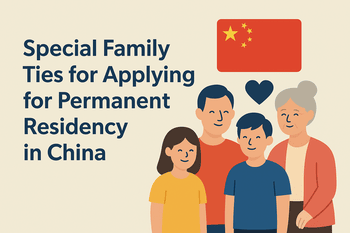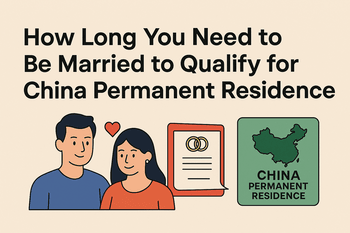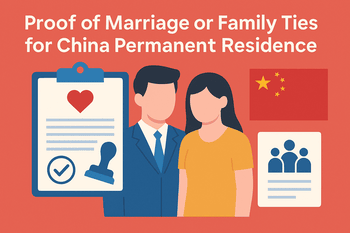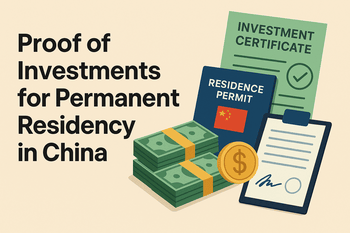
Hong Kong has banned non-residents from entering the city from four African countries and plans to expand that to travelers who have been to Australia, Canada, Israel and six European countries in the past 21 days due to fears over Omicron.
The World Health Organization (WHO) said on Monday that the Omicron coronavirus variant poses a very high risk of infection outbreaks and that countries around the world have tightened travel restrictions.

In a statement late on Monday, the Hong Kong government said non-residents of Angola, Ethiopia, Nigeria and Zambia would not be allowed to enter the global financial hub as of Nov 30. Residents can return if vaccinated, but must be quarantined for seven days in a government facility and an additional two weeks in a hotel at their expense.
“Non-Hong Kong residents of these four locations will not be allowed to enter Hong Kong,” the statement said. “The most stringent quarantine requirements will also be implemented for travellers from those places.”
Additionally, non-residents who have been to Australia, Austria, Belgium, Canada, the Czech Republic, Denmark, Germany, Israel, and Italy in the past 21 days would not be allowed to enter the city from Dec 2. Residents vaccinated on their return from these countries must complete three weeks of hotel quarantine.

Hong Kong last week banned non-Hong Kong residents arriving from South Africa, Botswana, Eswatini, Lesotho, Malawi, Mozambique, Namibia and Zimbabwe.
Authorities detected three individuals with the Omicron variant by mandatory testing during quarantine, but there are no known cases of coronavirus in the general community.
The Global Finance Hub is one of the last places in the world to adopt a zero COVID-19 strategy and impose the strictest travel restrictions. In the coming months, it hopes to partly reopen the border with mainland China, which also does not tolerate the causes of the coronavirus.



